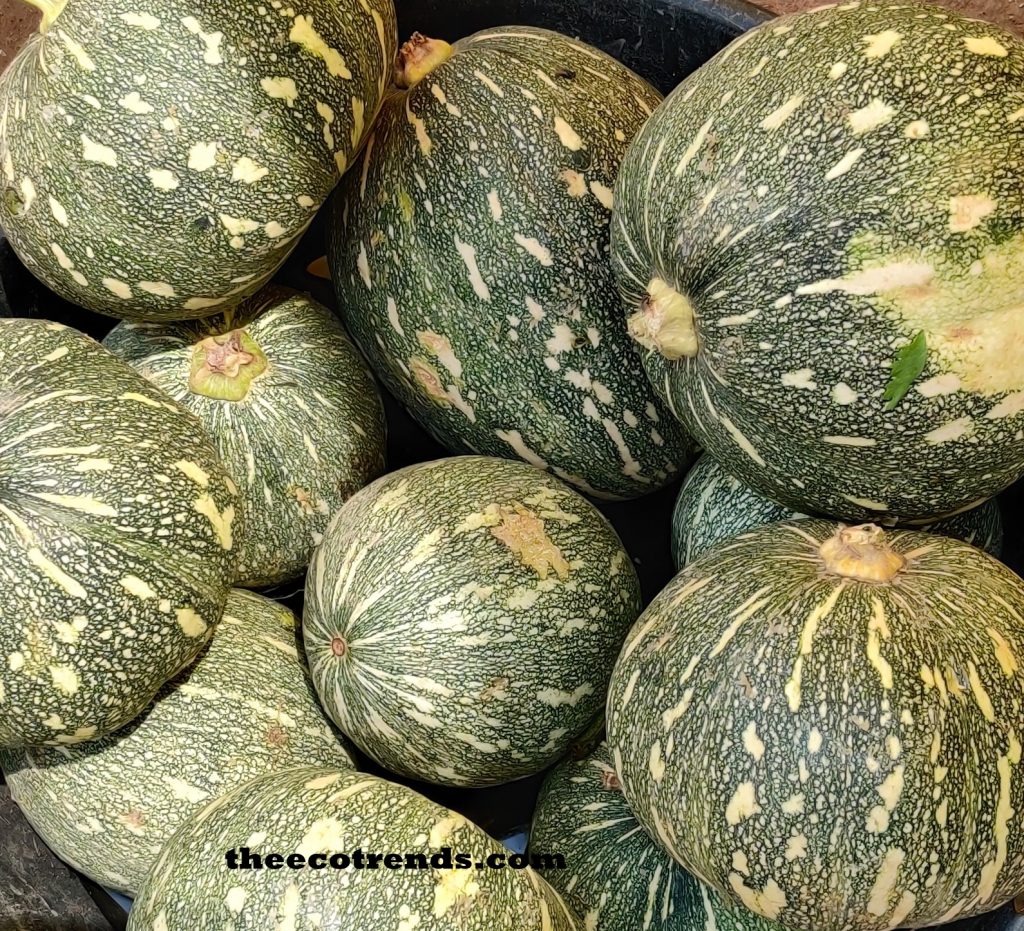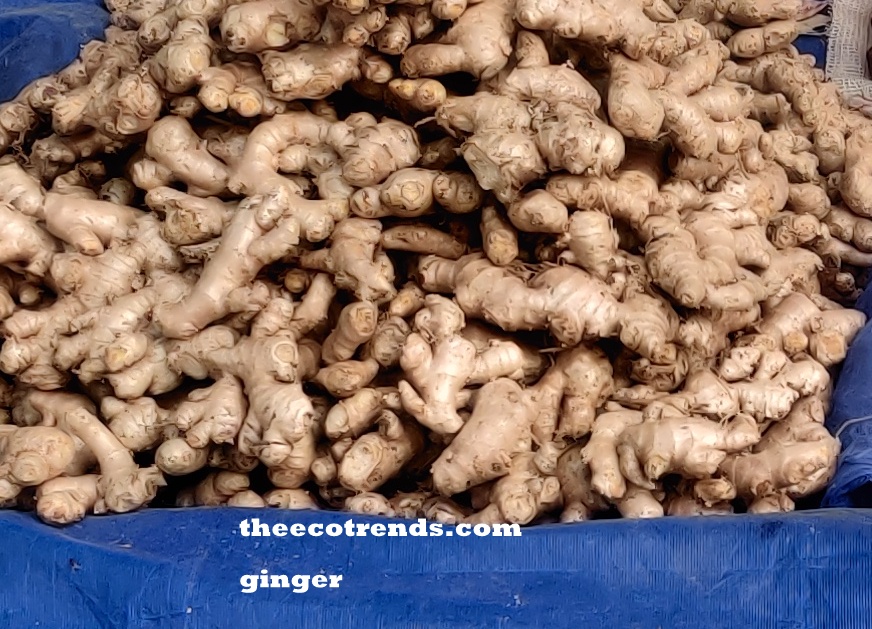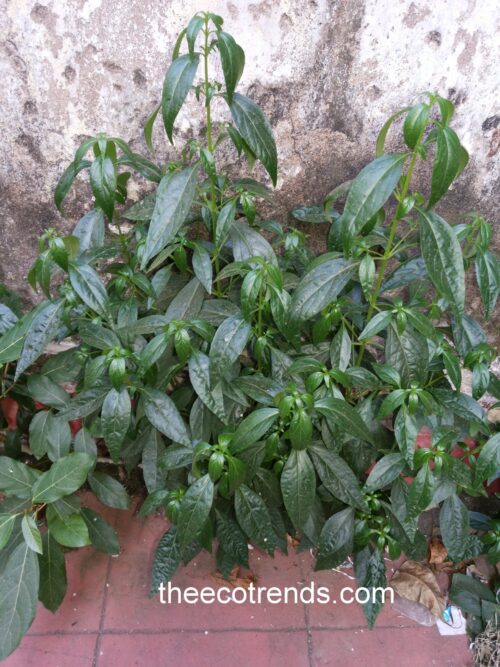Pumpkin has been included in the healthful vegetables. It has been an important part of our food since centuries. But, now it has become a vegetable of less preference.
According to dietitians, pumpkins should be included on our food in regular basis as it contains most of the vital elements necessary for our general health and immunity.
Nutrients in Pumpkins
Pumpkin in its each 100 grams has following nutrients-
Water 91.6g, protein 1g, fat 0.1g, carbohydrate 6.5g, fibre 0.5g, potassium 340mg, calcium 21mg, phosphorus 44mg,magneshium 12mg, vitamin A 426mcg, vitamin C 9mg, and vitamin E 1.06mg.
Nutrients in Sufficient Quantity
- Pumpkin has vitamin C, E, A, B complex, etc.
- It contains iron, zinc, copper, potassium, calcium and phosphorus.
- It contains carotene, lutein etc. antioxidants.
- Its outer cover contains antibacterial substances.
Health Benefits
- Pumpkin improves our digesting power,
- It removes gas problem, It protects against infectious bacteria,
- It helps in persistent fever,
- It helps in diabetes,
- Magnesium contained in its seeds protects our heart.

General Description
Pumpkin is a winter vegetable. It is usually round with smooth and ribbed skin. Ripe pumpkins are deep yellow to orange in colour. However, young fruits are green in colour with white stripes. Seeds and pulps are contained inside its thick shell.
Pumpkins are one of the oldest cultivated plants. These are native to North America, however well naturalized in many countries. Pumpkins belong to genus Cucurbita and family Cucurbitaceae. Their flowers are insect pollinated. Most people eat flowers of pumpkins as vegetable. The plant is a creeper to climber in nature. Internodes are long.
Healthful pumpkins, pandemic, Cucurbitaceae




